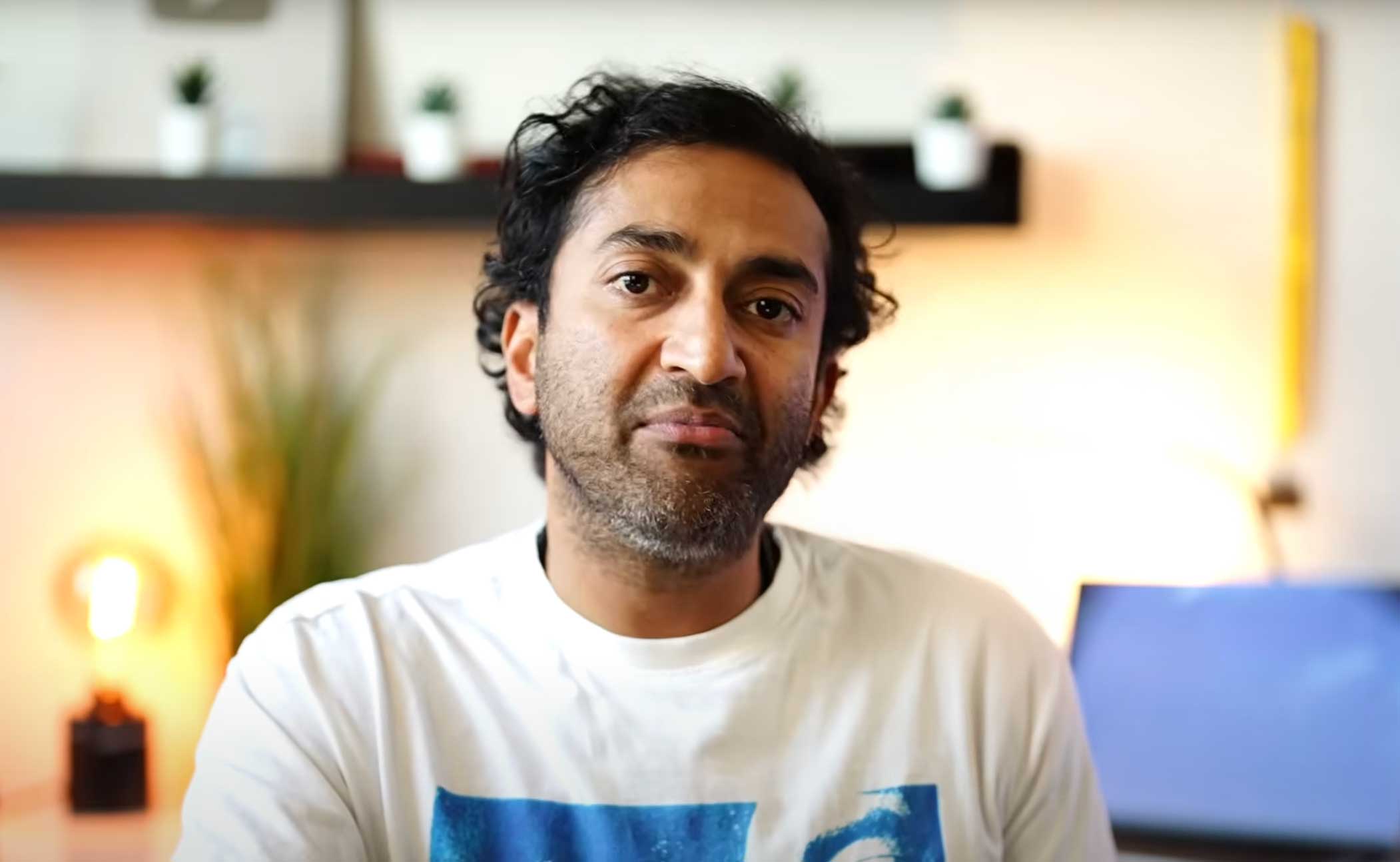Here's how to sway vaccine skeptics
Telling someone who believes vaccines cause autism that they're wrong probably won't change their minds, no matter how much scientific evidence is piled up against them. But researchers say they've found an effective way to sway even the most adamant vaccine skeptics: show them with words and images why vaccines exist.
The current anti-vaccination movement was fueled by a 1998 study published in The Lancet, in which a doctor claimed the measles, mumps and rubella (MMR) vaccine was linked to autism. Though the study was found to be based on fraudulent data and later retracted, and the doctor lost his medical license, fear spread among parents, leading to a small but vocal faction who continue to refuse to vaccinate their children.
Though measles and rubella have been largely eradicated in the U.S., outbreaks still occur, as travelers can carry these diseases from other parts of the world and infect others. In 2014, for example, a measles outbreak infected 383 people in the Midwest, and earlier this year, a similar outbreak linked to Disneyland sickened at least 147 people, mostly in California.
But by and large, most young parents have never seen how the measles and other potentially serious infectious illnesses can affect a child, largely because of the effectiveness of vaccines.
Since many parents who decline to vaccinate their kids focus on the perceived risks of vaccinations, researchers from the University of California, Los Angeles, and the University of Illinois decided to switch tactics.
"Perhaps we need to direct people's attention to the other aspect of the decision," study author Zachary Horne said in a statement. "You may be focused on the risk of getting the shot. But there's also the risk of not getting the shot. You or your child could get measles."
Before the vaccine was introduced in the 1960s, measles killed 400 to 500 people in the U.S. each year, and thousands of children suffered serious complications including deafness and mental retardation.
The research team asked 315 participants about their views on vaccinations and their willingness to vaccinate their children. They then assigned each person to one of three groups. Members of the first were given materials summarizing recent research showing that vaccines do not increase the risk of autism. The second group read a short passage from a mother whose child was infected with measles, viewed pictures of children with each of the diseases and read three warnings about the importance of vaccinating children. Researchers gave the third group reading materials not related to vaccines.
Afterwards, the participants again completed the evaluation of their attitudes toward vaccines and their intentions regarding whether or not to vaccinate their kids.
The results showed that directing people's attention to the risks of not getting vaccinated was more effective in changing their attitudes positively about vaccines - even among those who started out very skeptical.
"Actually, the largest effect sizes were for people who were the most skeptical," Horne said.
A 2014 study had tested these strategies but failed to prove any were successful in changing participants' views. The authors of the new study said their intervention was more in-depth than the previous one.
The researchers concluded that this strategy may work because it addresses parents' primary concern: the well-being of their kids.
"People who fear vaccines ultimately do care about the safety of their children, so our manipulation focuses on the safety of their children," Horne said. "So there's not just one calculation in your decision whether to get a vaccination, but now there are two."




